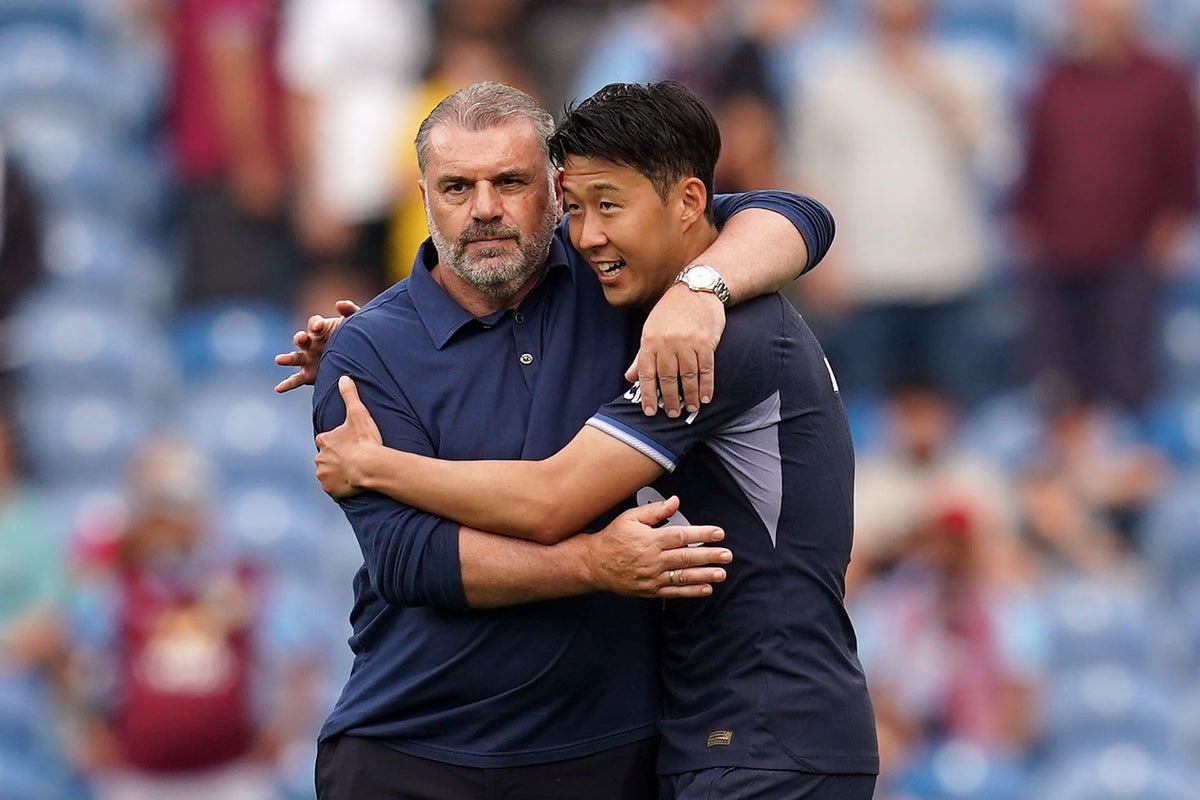It is much more than a flip rhetorical cliche to say that if a nation thinks that fighting child poverty is costly, then it should try the alternative.
It really should not be a matter of great controversy. The broadly warm welcome given to the government’s expansion of the free school meals programme has been marred only by some noisy mumblings about how the policy will be funded. Of course, any item of public spending must be accounted for – but in the case of this and similar measures to alleviate child poverty, both sides of the ledger should be taken into account.
Experience in Scotland, Wales and London – where free and nutritious meals are already available more widely – suggests that pupils perform better on a full stomach; something that surely accords with common sense. Academic studies go further, linking higher educational achievements with higher productivity and thus better living standards for those lifted out of poverty – with an obvious dividend for the nation as a whole.
Official support for children, including the new breakfast clubs, a wider availability of free school meals, childcare, access to libraries, affordable housing and of course their education itself, should be treated less as “current” spending and more like an investment. These are the kind of arguments The Independent has long put forward, as part of an award-winning campaign, and are compatible with fiscal sustainability.
In essence, though it is not meant to be mercenary, money spent on rearing a healthier, more literate, more numerate and more intellectually able generation is, in the long run, as valid an investment as, say, building a new tramway or bolstering the national grid. “Human capital” is, ironically, more precious than ever in a world where artificial intelligence will take over so many of the tasks currently undertaken by human beings. For people to enjoy socially useful and economically viable lives in the future, they will need to be smarter than the machines that will surround them.
Soon enough, chancellor Rachel Reeves will be able to go further and faster, as the current ministerial catchphrase goes, in the Labour government’s newfound mission to reduce child poverty. After years when the party seemed to be undeclared disciples of the austerity school of economics, Labour’s conscience, albeit prompted by some shocking electoral setbacks, has been awoken.
Eradicating child poverty by 2020 was the noble objective set by Tony Blair early in the last Labour government, enshrined in law during the last days of Gordon Brown’s administration, revived in Jeremy Corbyn’s time, but frankly neglected, beyond some necessary lip service, in more recent years. Now, it has rightly become a priority, and one that has lodged itself high on the long list of social challenges facing the chancellor. It now seems inevitable that the two-cap limit on child benefit, imposed by a Tory chancellor almost a decade ago, will be lifted, sooner or later, and perhaps 300,000 children in larger families lifted out of poverty immediately. That it will be partly under populist pressure from Nigel Farage does not make it a bad idea.
Extending child benefit, like school meals, is not a total cure for child poverty. Where the Tories had a point as they downgraded the poverty targets in the past (which, to be clear, was a mistake) was when they stressed the importance of a healthy economy creating well-paid jobs. Child poverty is linked to general levels of poverty, obviously, and the creation of wealth still counts as the essential basis for a fairer society – and human capital is part of that.
Even with these latest measures, continuing care will need to be taken to make sure the free school meals are nutritious and promote good physical and mental health. Other policy areas also need to be attended to. No level of child benefit or childcare will entirely compensate for being brought up in a cramped, overcrowded, mouldy, cold home. Other policies will thus have to contribute to giving every British child the best opportunities in life.
In that context, the government’s child poverty task force might consider how the SureStart centres could be restored. Arguably the most serious misjudgement of the coalition government of 2010 to 2014 was to scrap them.
In any case, without much in the way of conscious effort, indeed almost by accident, Sir Keir Starmer’s government has found itself endowed with a new, invigorating mission to pursue. For all the problems, disappointments, gaffes and missteps in their first year out of the wilderness, the Labour Party has rediscovered its raison d’etre.


